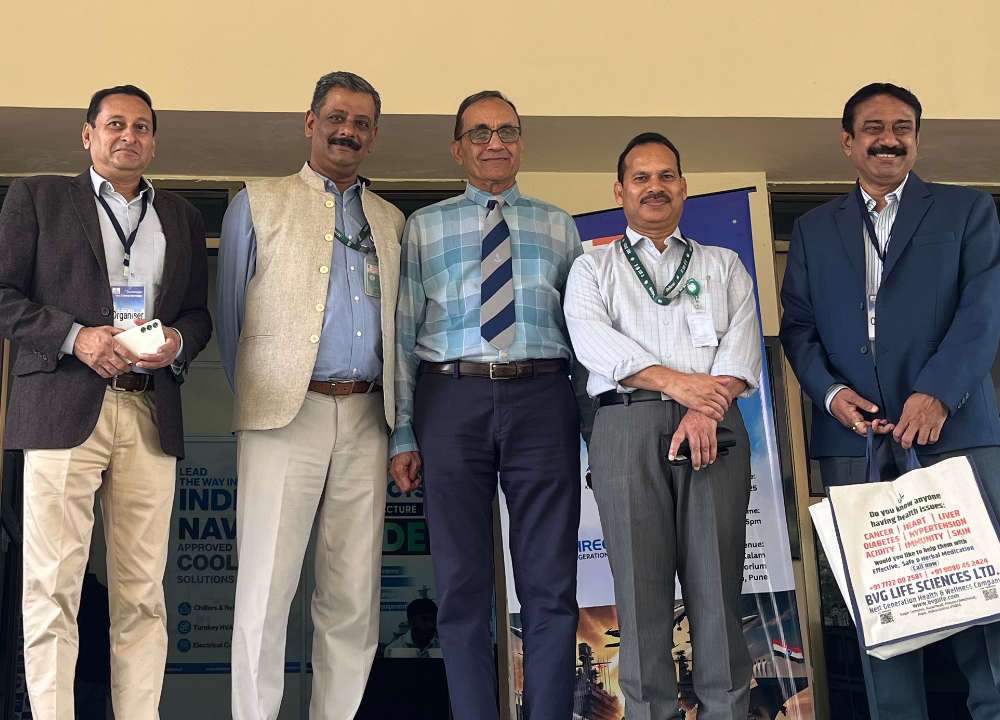RailTel Corporation is gearing up to bid for upcoming tenders from the Railways for the deployment of Kavach, the advanced anti-collision system. The state-owned enterprise, which also provides broadband and VPN services, is currently collaborating with Quadrant, a Kavach Original Equipment Manufacturer (OEM), whose products are in the testing phase and awaiting approvals.
RailTel plans to expand its partnerships with other OEMs, positioning itself as a system integrator by bidding for projects and implementing the automatic train protection system. “We will look for alternative partners (apart from Quadrant) who already have the product…. Some of them are already present,” said Sanjai Kumar, Chairman and Managing Director of RailTel, during a recent analyst call.
The company is expected to place bids for major routes, including Delhi-Mumbai and Delhi-Howrah/Kolkata. Currently, the Railways has three approved Kavach OEMs—Medha, HBL Power, and Kernex. Quadrant and another company, Digitronics, are awaiting product approvals, which are expected in the coming months. Several other vendors are also in the process of product testing with proof-of-concept submissions to the Railways.
RailTel’s initial Kavach installations will utilize Ultra High Frequency (UHF) technology, with plans to upgrade to LTE in the future. According to a recent report by ICICI Securities, RailTel is developing an LTE version of Kavach, which will be introduced at a later stage.
The company is optimistic that the Kavach tenders could add approximately ₹4,000-5,000 crore to its order book, providing an 8-10 percent boost to its EBIT (earnings before interest and tax) margins. RailTel aims to capture a 20-22 percent market share with the Kavach rollout.
Edge Data Centres
In addition to Kavach, RailTel has completed the tendering process for establishing edge data centers, with the first phase set to include 102 sites. The contract was awarded to Techno Electric & Engineering Company.
Under the agreement, Techno will handle the entire capital expenditure for setting up the data centers, while RailTel will earn a 12-13 percent commission on revenue, serve as a marketing partner, and provide technical support. The Railways will receive lease payments for the space provided for these data centers, typically a 10×10 room. RailTel is also exploring opportunities to cross-sell connectivity services and anticipates executing 5-10 data centers in FY25.
Video Surveillance System (VSS)
The company has also resumed work on the Video Surveillance System (VSS) project funded by the Nirbhaya Fund, which had been delayed due to unclear camera specifications. The issue has now been resolved, and partial installation has been completed at around 300 railway stations, with execution expected to accelerate soon.
Kumar shared that RailTel has earmarked around ₹250 crore for capital expenditure and is projecting a 25-30 percent revenue growth for the current fiscal year. Profit after tax (PAT) is expected to grow by approximately 10 percent. The company’s current order book stands at around ₹4,800 crore, with 22 percent of the orders coming from Railways projects and the remaining 78 percent from non-Railways projects.








